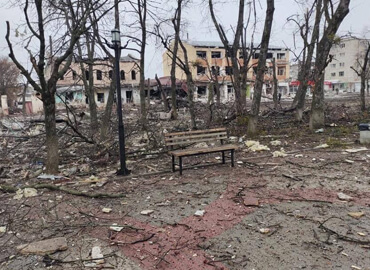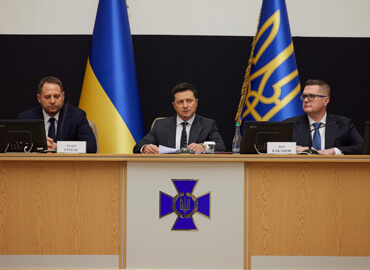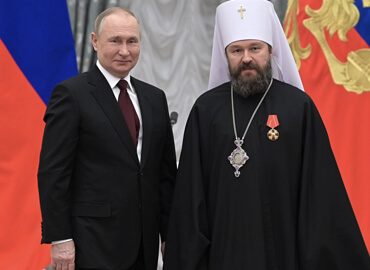These days, Belarusian society is waiting for support from the democratic countries.
«What the West may do to help Belarus?» – the question is heard in numerous press-conferences now. And it is usually being followed by a question on new sanctions. But today, on the peak of mass civil movement that may end up in power shift, the issue of sanctions sounds ambiguous.
Sectoral economy sanctions won’t hit Lukashenka but will hurt the Belarusian people who carry on the struggle. Let’s take a statement by Congressman Alcee Hastings as an example — he proposed to introduce restrictive measures on national industrial enterprises of Belarus. This list, for example, includes the Minsk Tractor Works (MTZ), which on August 14 2020 went on strike in support of the protesters.
The idea of sectoral economic sanctions goes in exactly the opposite direction from the expectations of the Belarusian protesters. The protest quickly covers the hinterland of Belarus – hence changes in the position of city administrations and heads of enterprises might be expected in the coming days. Everyone is under the impression of the rigidity and violence of Lukashenka’s security officials. But at the same time, the most important factor in the development of the situation is the massive fear that the fruits of the protest will fall under by feet of the Kremlin, as Kremlin had been a gravity point for 25 years of Lukashenka’s rule.
Belarusians are not expecting sectoral sanctions. They are expecting statements that the United States, the European Union, and alliances of national governments of democratic countries are ready to support the new government of Belarus after Lukashenka’s departure.
Belarusians fear that Lukashenka’s departure will trigger an avalanche-like privatization in favor of Russian oligarchy. Lukashenka skillfully plays with this fear, and uses it in his favor.
That’s why it is now so important to know whether national governments and international organizations are ready to quickly revise their current policy of economic support for Belarus.
Before 2010 presidential elections, programs to support reforms in Belarus were expanding. New stage of Lukashenka’s authoritarianism and suppression of the movement for change led to reduction of these programs in 2010s.
Now, it is extremely important for Belarusians to know whether a new big plan of economic assistance is possible if the power in the country passes from Lukashenka to the government of renewal and reforms. Of course, this is not the Marshall Plan. Nevertheless, the new plan for Belarus has to be solid enough. And it needs to include more than just traditional support from the nearest neighboring countries — Poland, Lithuania, the Nordics, and Germany. This requires a strong public alliance in support of Belarus.
Today, it is not at all necessary to give specific figures of such assistance. But to form the alliance of democracies around this future plan is of immediate need.
The Belarusian society wants to move forward but is not prepared for radical economic reforms or ‘shock therapy’ – avoiding it had been Lukashenka’s main propaganda point for years. However, society is now ready to change social practices and economic activity, and modernize the economy – as well as each and every sphere of life.
***
Alexander Morozov is a Russian political scientist, a researcher at the Boris Nemtsov Academic Center for Russian Studies at Charles University (Prague), and an iSANS expert.
Материал доступен на русском языке: Чем Запад может помочь Беларуси











